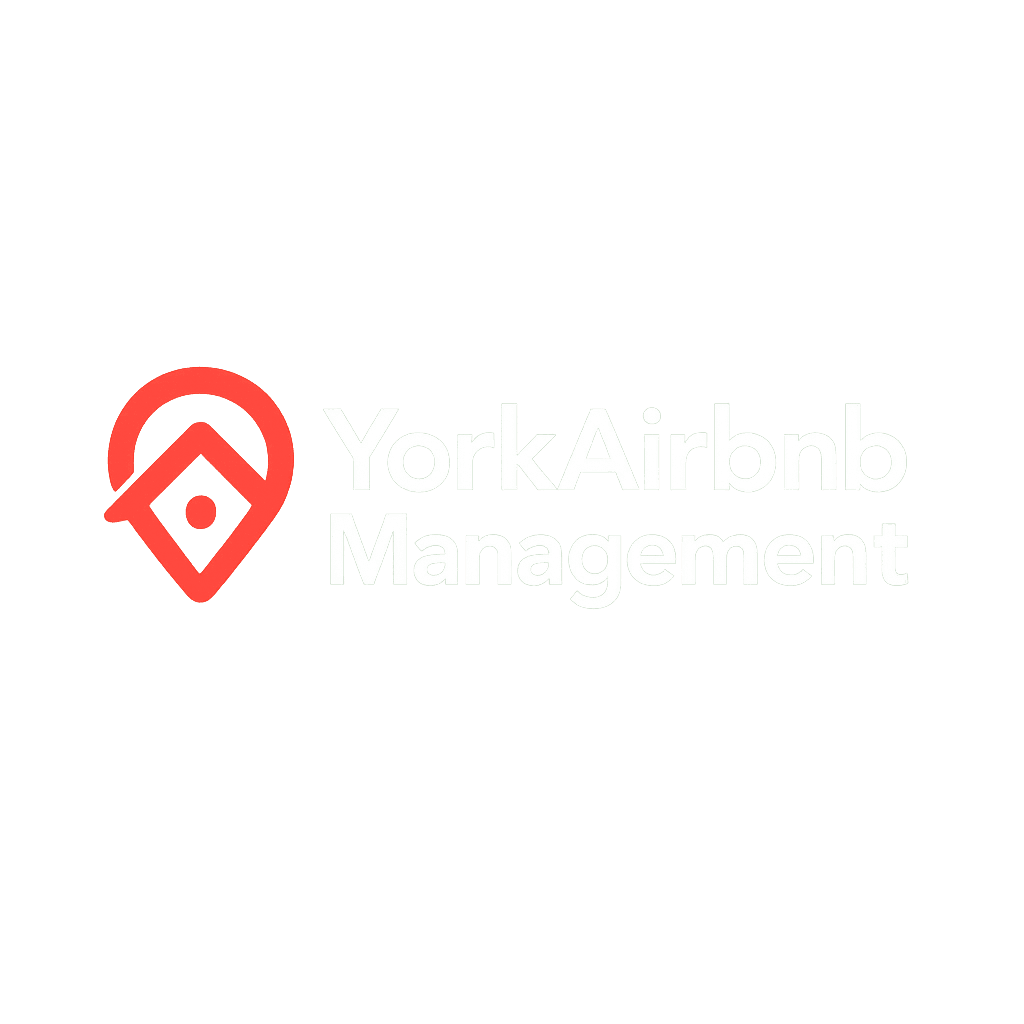What Taxes Do Landlords Have to Pay in the UK? A 2025 Guide for Property Owners
May 9, 2025
Being a landlord in the UK can be financially rewarding—but it also comes with tax responsibilities that can easily become overwhelming if not properly understood. Whether you rent out a single flat or operate multiple short-term lets on Airbnb, staying informed about your tax obligations is essential to protect your income and avoid fines.
If you're a landlord in York looking for hands-off hosting, we can help you manage it all.
💷 1. Income Tax on Rental Income
If you rent out property in the UK, you’re required to pay income tax on the profits. Here's how it works:
Rental income includes rent, utility payments (if included), and any additional fees you charge.
You’re taxed only on profit, not total income. That means you can deduct allowable expenses (see section 6).
Personal Allowance (2025): £12,570 tax-free
Tax bands (2025):
20% basic rate: £12,571 to £50,270
40% higher rate: £50,271 to £125,140
45% additional rate: over £125,140
Example:
If you earn £30,000 in rent and claim £5,000 in expenses, you pay income tax on £25,000.
🏡 2. Capital Gains Tax (CGT)
You may owe Capital Gains Tax if you sell a property that has increased in value.
Basic rate taxpayers: 18% on residential property
Higher rate taxpayers: 28%
Annual allowance (2025): £3,000 (reduced from previous years)
Some reliefs may apply, like:
Private Residence Relief: if the property was your home at some point
Lettings Relief: under specific conditions
🧾 3. Stamp Duty Land Tax (SDLT)
When buying a property in the UK, landlords must pay Stamp Duty:
Standard SDLT rates apply, plus an additional 3% surcharge for second homes and buy-to-let investments.
SDLT is paid on completion of purchase.
Use HMRC’s SDLT calculator to estimate your costs.
🏢 4. Council Tax or Business Rates
For long-term rentals, tenants typically pay council tax.
For short-term lets (e.g. Airbnb), you may need to pay Business Rates if the property is available to let for 140+ days per year.
In York, some areas may also require a licence for holiday lets—check with your local authority or our Airbnb property compliance service.
🧮 5. VAT – Rare, But Possible
Most landlords don’t need to register for VAT. However, if you're operating serviced accommodation or holiday lets at scale, and your turnover exceeds £90,000/year (2025 threshold), you may need to:
Register for VAT
Charge 20% on qualifying services
This usually applies to “business-like” operations, not casual lettings.
📉 6. Allowable Expenses and Deductions
You can reduce your taxable income by deducting certain allowable expenses, such as:
Property repairs and maintenance
Letting agent or Airbnb management fees
Landlord insurance
Council tax, utilities (if you pay them)
Cleaning and laundry (for short lets)
Legal and accounting fees
Advertising your property
Note: You can no longer fully deduct mortgage interest from rental income. Instead, you receive a 20% tax credit on interest payments (Section 24 rule).
⏰ 7. Filing Deadlines & Penalties
You must register for Self Assessment if you earn more than £1,000 in rental income per year.
Deadline for online returns: 31 January (for the previous tax year ending 5 April).
Late filing or payment results in automatic fines and interest.
🛑 Don’t Navigate Tax Alone — Get Expert Help
UK landlord taxation is not only complex — it’s constantly evolving. From Section 24 changes to local licensing rules, a single oversight could cost you thousands in penalties or missed deductions.
That’s why smart landlords don’t go it alone. They work with:
Property tax accountants who understand buy-to-let and short-term rental income
Airbnb management services in York that help with record-keeping, compliance, and profitability
👉 At York Airbnb Management, we partner with vetted local tax professionals and handle the day-to-day rental operations — so you don’t have to. Whether you’re renting out a single flat or managing a small portfolio, we’ll help you do it right.
📌 Final Thoughts
Being a landlord comes with financial rewards—but also responsibilities. Understanding the UK tax system is crucial to staying on the right side of the law and protecting your profits. By staying up to date and getting expert help where needed, you can save time, money, and stress.
Want to simplify your hosting life in York? Get in touch today and see how we can take care of it all — from guest messaging to tax-friendly property management.

